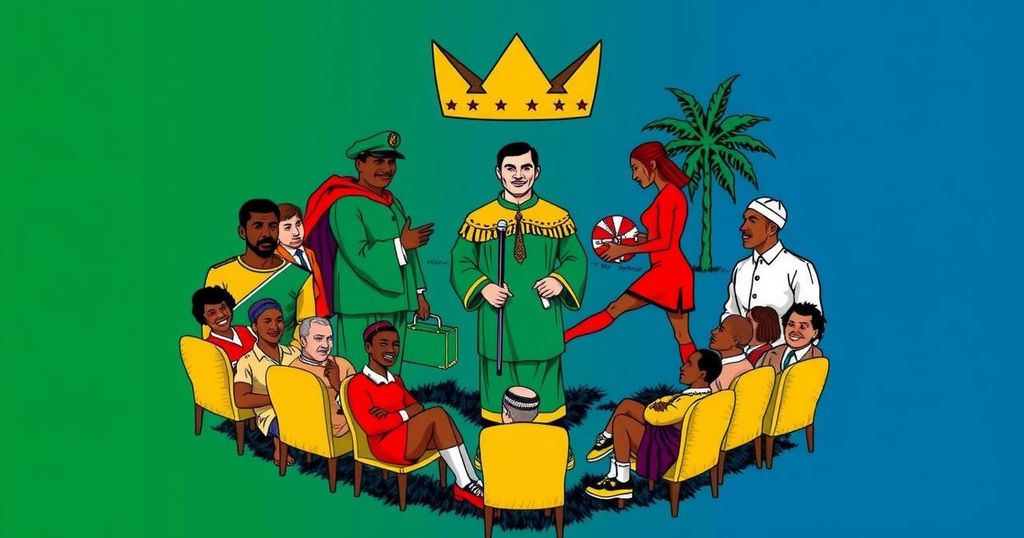Commonwealth Nations Address Climate Change and Slavery Reparations at CHOGM

Commonwealth leaders are gathering in Samoa for the CHOGM to discuss climate change and reparations for slavery. The summit highlights the existential threat posed by climate change, especially to low-lying island nations, while also addressing the growing call for reparations linked to the transatlantic slave trade.
Commonwealth leaders convened in Samoa for the Commonwealth Heads of Government Meeting (CHOGM), focusing on pressing global issues including climate change and reparations for slavery. This gathering includes representatives from 56 nations, among which are numerous small island states threatened by rising sea levels due to climate change. United Nations Secretary-General Antonio Guterres emphasized the acute vulnerability of the Pacific Islands, noting that ocean temperatures there are rising at triple the rate of the global average. Australian Foreign Minister Penny Wong underscored the severity of climate change as a paramount security and economic threat for Pacific peoples. During the summit, it is anticipated that leaders will release a declaration aimed at protecting ocean health. Additionally, the topic of reparations for the transatlantic slave trade—a matter that is increasingly gaining traction in both the Caribbean Community (CARICOM) and the African Union—will be discussed. Despite British Prime Minister Keir Starmer’s statement indicating that the UK would not formally address reparations at the summit, he expressed a willingness to engage with national leaders on the subject. CARICOM has established a commission to pursue reparations from former colonial nations, including the UK, France, and Portugal. Proponents argue that the legacy of slavery perpetuates significant racial inequality, while critics maintain that modern nations should not be obligated to rectify historical injustices. A representative from CARICOM highlighted that CHOGM represents a vital opportunity for dialogue on reparations, emphasizing the need for openness to discussions on past grievances.
The Commonwealth of Nations, historically rooted in British imperialism, encompasses a diverse group of 56 member states, many of which are small island nations vulnerable to environmental changes. Climate change remains a critical concern for these countries, particularly as rising sea levels threaten their existence. Many of these nations have long called for reparations from former colonial powers due to the injustices of slavery that have left lasting socio-economic disparities. The summit in Samoa is a crucial platform where these issues can be deliberated, underscoring the ongoing implications of historical injustices on current global challenges.
In conclusion, the Commonwealth Heads of Government Meeting serves as a significant forum for addressing global issues that disproportionately affect small island nations, particularly climate change and the legacy of slavery. As dialogues around potential reparations for historical wrongs gain momentum, it becomes increasingly important for descendant nations to engage collaboratively and empathetically with former colonial powers. The discussions held in Samoa could potentially shape future diplomatic relations and actions regarding these critical matters.
Original Source: www.swissinfo.ch






